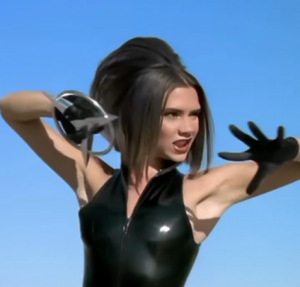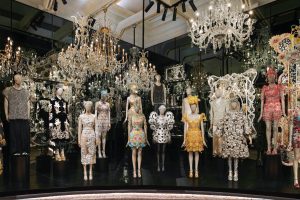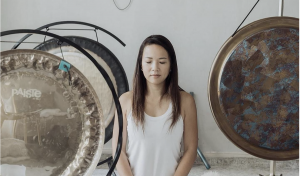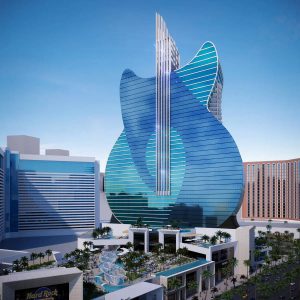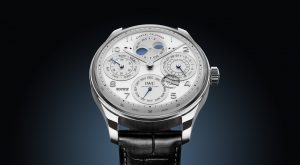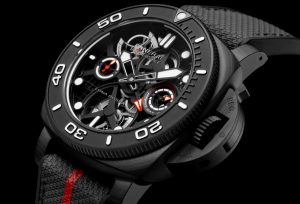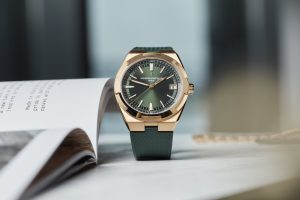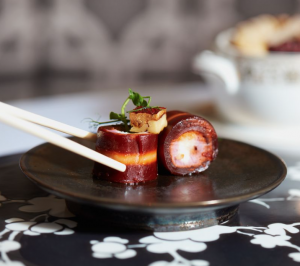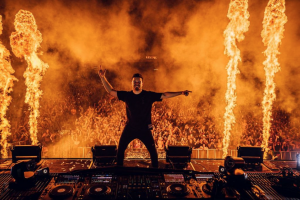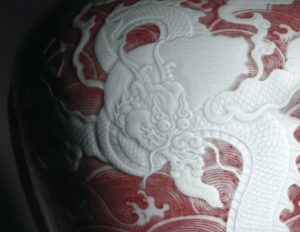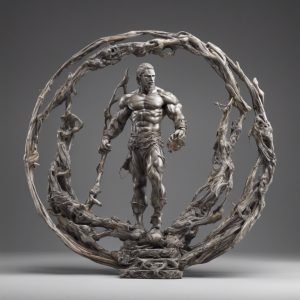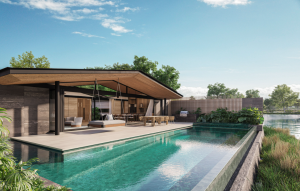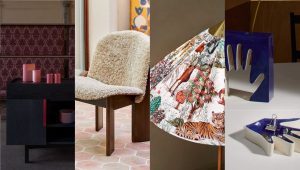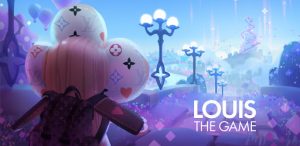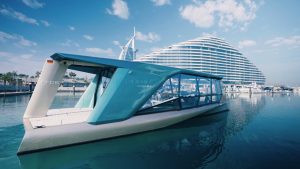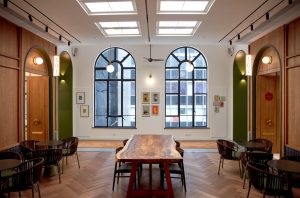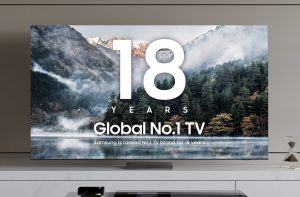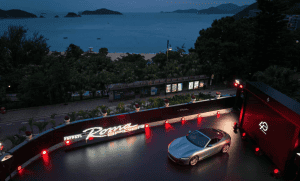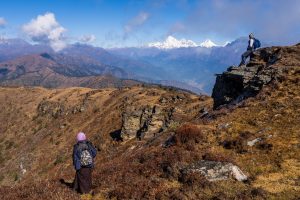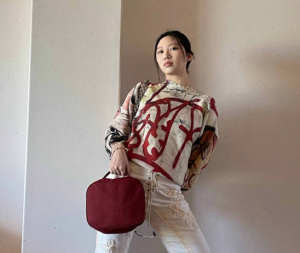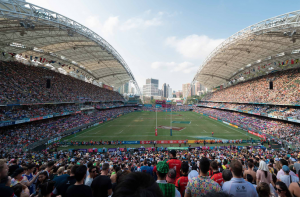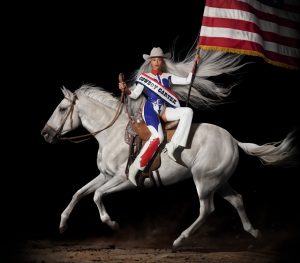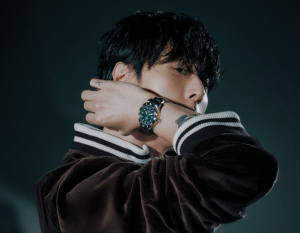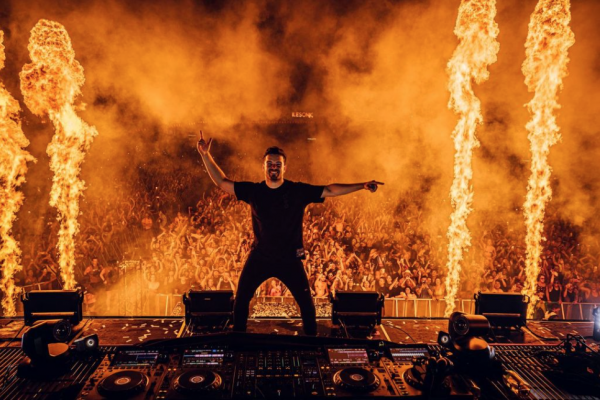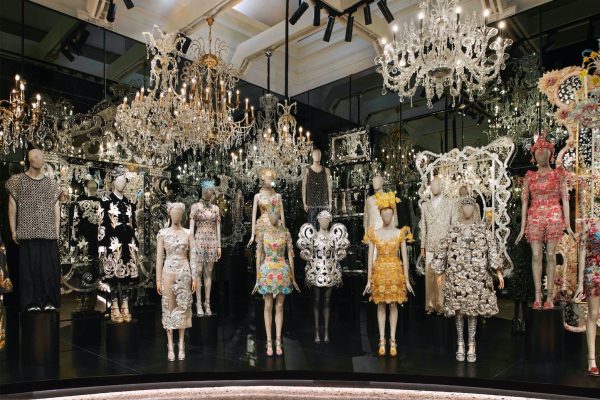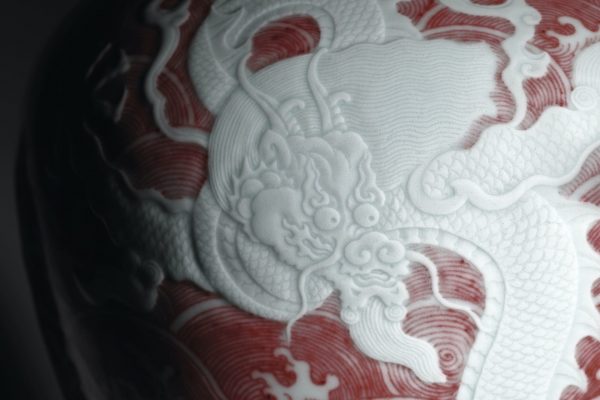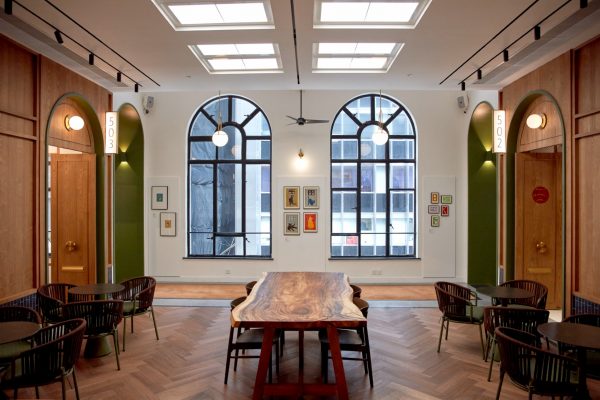#culture
Brazzaville Foundation Founder Jean-Yves Ollivier Believes Peace and Conservation Go Hand in Hand
BY #legend
December 1, 2016
The pivotal part played by French businessman Jean-Yves Ollivier in facilitating the negotiations that hastened the release from prison of South African president-to-be Nelson Mandela and the capitulation of the apartheid regime in his country was a closely kept secret until the documentary Plot for Peace shone the spotlight on him. So mysterious was the extraordinary role of Ollivier, known only as “Monsieur Jacques” to the South African secret services, that even Mandela was unaware of it until later.
Ollivier “never said a word about his contribution,” Mandela’s former wife, Winnie, says in the documentary. “I felt this small when I discovered who he was and why he was so sympathetic to our struggle.” Once Mandela learned of Ollivier’s role, he bestowed upon the Frenchman the title of Grand Officer of the Order of Good Hope. Ollivier is the only person to have received honours from apartheid and post-apartheid governments in South Africa.
In Plot for Peace, some voices wonder about Ollivier’s motives for contributing to the end of apartheid. “What he’s looking for I’m not sure because he never asked for money,” says a former head of South African military intelligence, Major-General Neels van Tonder. “As a matter of fact, he spent a lot of money in exchange for prisoners from his own pocket.” A former security minister of Mozambique, Jacinto Veloso, implies that, as a businessman, Ollivier could have profited from making important contacts and improving business conditions. The president of French pressure group Survie, Odile Biyidi, calls Ollivier’s business a cover and insists that he was part of the French secret services.
Ollivier dismisses it all as conjecture. His motives are to be found in his background. Ollivier was born in Algeria. He was a teenager during the country’s armed struggle for independence from France. He sided with those that wished Algeria to remain French. When the war ended with Algeria achieving independence, in 1962, Ollivier and his family were among the 1 million refugees that fled the country. In Paris, he was arrested at the age of 17 for transmitting secret messages and imprisoned. During his five months behind bars, he was roughed up by the police. He says the experience “marked me for life”.
“Algeria taught me the hard way that what I considered to be just wasn’t necessarily just in the eyes of other people,” Ollivier says in the documentary. “It told me about myself, about others, about these supposedly just causes. I learned that ‘the others’ is just myself in other circumstances. This is how I felt when I discovered the land of apartheid.”
When Ollivier went to South Africa to do business in 1981, he judged that the country was “a quasi-European setting completely out of time and out of touch with reality”. He felt an urge to help, not to help destroy the regime, for he knew the regime would collapse sooner or later, but to help ensure that the end of the apartheid would not mean the death of the white community.
Plot for Peace documents how Ollivier negotiated an exchange of prisoners in 1987 that freed South African army officer Wynand du Toit from captivity in Angola and 133 Angolan soldiers and two anti-apartheid activists from captivity in South Africa. The deal was an important step toward the signing of the Brazzaville Accords, which paved the way for the eventual negotiation of Mandela’s relese from prison and apartheid’s end.
“Mandela doesn’t know a thing about me, nothing about my story, which links us secretly,” Ollivier says before the credits roll. “Never mind. The cards are perfectly aligned, the game is over. What will be the next game?” Having spent so much of his life helping to settle conflicts, Ollivier wasn’t going to stop.
The next game was the establishment of the Brazzaville Foundation in 2013. The foundation is an independent, non-profit organisation dedicated to peace and environmental conservation. #legend spoke to Ollivier at The Peninsula Hong Kong hotel last month. “I decided to create the Brazzaville Foundation to continue, but in a semi-official manner, doing what we’re good at, which is solving conflicts in a very confidential, behind-the-scenes movement.”
The foundation has found favour with plenty of prominent figures around the world, who felt the need to contribute. The former president of Timor Leste, José Ramos-Horta, a Nobel Peace Prize winner, is a member of the board of the foundation. In 1975, Indonesia invaded what is now Timor Leste, starting a conflict that cost 300,000 lives. Ramos-Horta and Indonesia negotiated an agreement that led to independence for his country and, eventually, peace.
Another member of the board of the foundation is Mathews Phosa, formerly a freedom fighter for Mandela’s African National Congress and one of the drafters of South Africa’s post-apartheid constitution. Yet another member is Cécilia Attias, the second wife of former French President Nicolas Sarkozy. She negotiated the release of Bulgarian nurses sentenced to death in Libya after they were falsely accused of infecting hundreds of babies with HIV, the virus that causes AIDS, in the 2000s.
Ollivier says the members of the foundation have some sort of experience in negotiation and in bringing about peace. Most of the foundation’s work is in Africa. “We are not trying to resolve all the conflicts of the world. We are not the United Nations,” Ollivier says.
“We are now putting our brains together to bring peace and conservation.” He believes that peace and conservation are linked. “If there is no peace, you cannot protect nature. You cannot protect the animals if the country is a battlefield,” he says. Peace can allow conservation, and conservation can allow peace, Ollivier argues.
He cites the case of the Stop Ivory movement’s efforts to make 11 African countries sign a treaty ending the ivory trade. Stop Ivory had trouble getting all 11 nations to cooperate, so the Brazzaville Foundation stepped in to settle their differences. “When there is dialogue or conversation, that creates dialogue between countries, and where there is dialogue between countries, we can stabilise peace,” Ollivier says.
Ollivier was in Hong Kong to speak about the foundation, its work and the importance of peace and conservation. He gently chides the community here for living in a bubble. “Let’s see how my message can be passed.
If I succeed here, there is nowhere else in the world I cannot succeed,” he says.
Ollivier is clearly a man that loves challenges. He chose to do business in South Africa when doing business there was banned. And, when a huge, climactic bloodbath seemed inevitable, he chose to help ensure that the country’s division was ended with the least possible blood shed. In rising to such challenges, he gives peace a chance.

